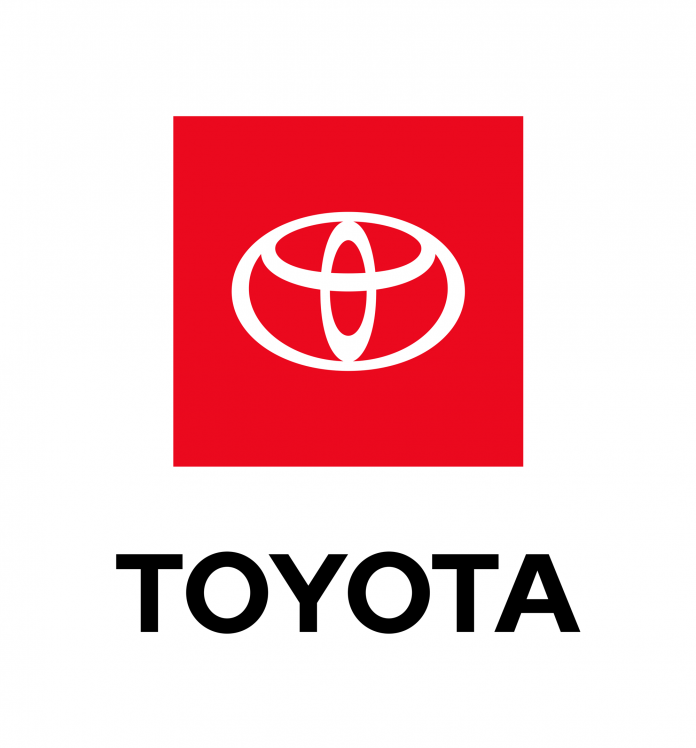
By Desiree Homer
Toyota recently announced a recall to replace faulty airbag sensors affecting millions of vehicles. In certain types of crashes, sensor failures can keep the airbags from deploying and seatbelts from properly tensioning. This isn’t the first airbag recall, and there may be various other brands still under evaluation for similar issues. As a dealership owner, you’re not new to recalls, and for those who may be veteran franchise owners, you know it won’t be the last recall announcement either. As manufacturers do their part to remedy the faulty component issue, dealerships can take advantage of a profitable silver lining.
The Latest Recall for Toyota
Toyota recalls 2.9 million vehicles for this latest airbag sensor defect. When asked, the Toyota spokesperson wouldn’t confirm nor deny if there have been reports of crashes or fatalities regarding this component failure. The National Highway Traffic & Safety Administration has cited at least two frontal crash scenarios that may be related. The NHTSA’s Office of Defects Investigation indicates at least one of these two incidents resulted in one fatality.
The Toyota models being recalled include:
2011-2019 Corolla
2011-2013 Matrix Hatchback
2012-2018 Avalon
2013-2018 Avalon Hybrid
What Prompted the Recall
This Toyota announcement comes on the heels of the NHTSA investigation with a focus on the airbag control unit. This unit, manufactured by ZF-TRW, formerly called TRW, may also be present in other brands and models. Similar parts were used in Fiat Chrysler Automobiles, Hyundai, Mitsubishi, Toyota, Honda, and Kia. This airbag control unit has been problematic for others before as well. Chrysler, Jeep, Kia, Hyundai, and Dodge have all previously issued recalls for the same unit.
A Unique Opportunity for Dealerships
In some ways, franchise dealers may initially view the recall announcement as a negative. However, recalls actually present those affected dealers an opportunity to connect with customers in a valuable way. How your dealership handles the customer service aspect of fixing a customer’s problem, can, in turn, be profitable. Don’t be afraid to share the recent recall announcement and invite those affected to visit your dealership for an important repair. Be proactive about caring, and promote your primary safety objective.
A notification will be sent to vehicle owners, prompting them to visit their local dealership for a solution. In a sense, the automaker is telling customers to come in to engage with your team. It’s a captive audience, coming in for a specific problem that only you can solve. This engagement opportunity means you have a chance to reinforce your service-oriented platform. Wow them by treating them well and create a repeat customer from the experience. Better yet, a customer bringing in a vehicle for a recall may also need a tire rotation or routine oil change. Your dealership can leverage these opportunities for additional revenue.
Turning Lemons into Lemonade & Building Customer Loyalty
Analysts have cited dealership profits during recall events. The added customer touch-point opportunity can lead to repeat business or added paid services. How dealerships handle the timeliness to remedy the initial recall, can solidify long-term customer engagement.
If your dealership bears the brand of one of these vehicles, affected by the latest airbag recall, prepare your service department to deliver the best customer experience they can. You have a captive audience being asked to come in for an airbag fix. Now, it’s up to you to turn that lemon into lemonade, and transition that recall visit into a loyal customer.
NHTSA campaign number: 20V024. Toyota’s numbers regarding this recall are 20TB03 and 20TA03.












